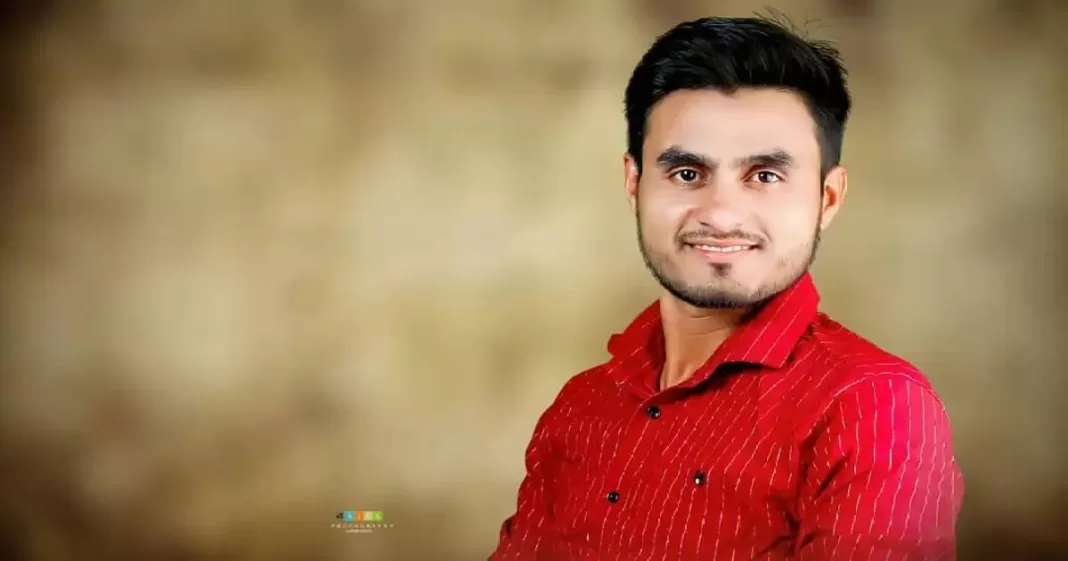A mob of approximately 200 Hindu men attacked a mosque in a village of Pusesavali which resulted in a tragic death.

In the quiet village of Pusesavali in Maharashtra’s Satara district, a heart-wrenching tragedy unfolded on the evening of September 10th, leaving a community shattered and a young woman named Ayesha with a heavy burden to bear.
Attack on the Mosque
As the sun dipped below the horizon on that ill-fated evening, Nurul Hassan, a devoted husband and soon-to-be father, left his home to attend the Isha prayers at a nearby mosque. Little did he know that this routine act of worship would lead to a horrific turn of events. Inside the mosque, around 15 individuals were engrossed in their prayers when the tranquility was shattered by a commotion outside. A mob, numbering between 150 to 200 Hindu men, had surrounded the mosque, their voices filled with hatred as they chanted anti-Muslim slogans and made inflammatory remarks about Islam.
Read More: ‘Shaheed Nijjar Kill India Khalistan Referendum-II’ set for October 29
Witness’s Account
An eyewitness, speaking anonymously, recounted the nightmare that unfolded as the mob descended upon the mosque. Armed with sharp weapons, iron rods, pieces of granite, and batons, they forcibly entered the sacred place, showing no mercy to those within. Nurul Hassan, a victim of their unrelenting violence, was struck repeatedly on the head with an iron rod, causing him to collapse in a pool of his own blood. Tragically, by the time he was lifted from the scene, he had already succumbed to his injuries. Several others in the mosque also suffered injuries, leaving a community in shock and disbelief.
Rampage Continues
“THEY DESTROYED ALL THE LIGHTS IN THE MASJID, BURNED THE QURAN AND OTHER RELIGIOUS BOOKS, AND APPEARED INTENT ON KILLING ALL OF US,”
The horrors did not stop with the brutal attack on the worshippers. The mob turned its fury on the surroundings, setting fire to a nearby shop and vandalizing several vehicles and handcarts bearing Muslim names. They desecrated the mosque by burning the Quran and other religious books, plunging it into darkness by destroying its lights. Their intentions seemed clear: to terrorize and eliminate the Muslim community.
Glimmer of Hope
Amidst the chaos, someone from the village alerted the nearby police post, and it was their timely intervention that finally forced the mob to retreat. As they left the scene, they continued their rampage, smashing windows of vehicles parked outside another mosque in the village and spewing derogatory comments about Muslim women. However, the police presence prevented further loss of life.
Nurul Hassan’s Tragic End
Nurul Hassan, 31 year-old civil engineer, was rushed to a local health center but was tragically declared dead on arrival. His injuries, including a fractured hand and severe head, neck, and chest injuries, had proven too severe. His life was cut short in a senseless act of violence, leaving his family and community in mourning.
Ayesha’s Unbearable Grief
As this tight-knit community grapples with the aftermath of the attack, perhaps the most heart-wrenching aspect of this tragedy is the inconsolable grief of Ayesha, who is seven months pregnant. Over the past four days, she has been unable to find solace, her world shattered by the loss of her beloved husband. Her anguish and pain serve as a stark reminder of the human cost of such violence.
Read More: G20 summit takeaways: Win for India, developing world, and multilateralism
The events that unfolded in Pusesavali village on that September evening serve as a painful reminder of the consequences of religious hatred and intolerance. The loss of Nurul Hassan, a promising young man and soon-to-be father, is a tragedy that should never have occurred. As the community mourns and Ayesha grapples with her devastating loss, it is essential to reflect on the importance of unity, tolerance, and the need to eradicate the seeds of hatred that can lead to such violence.
